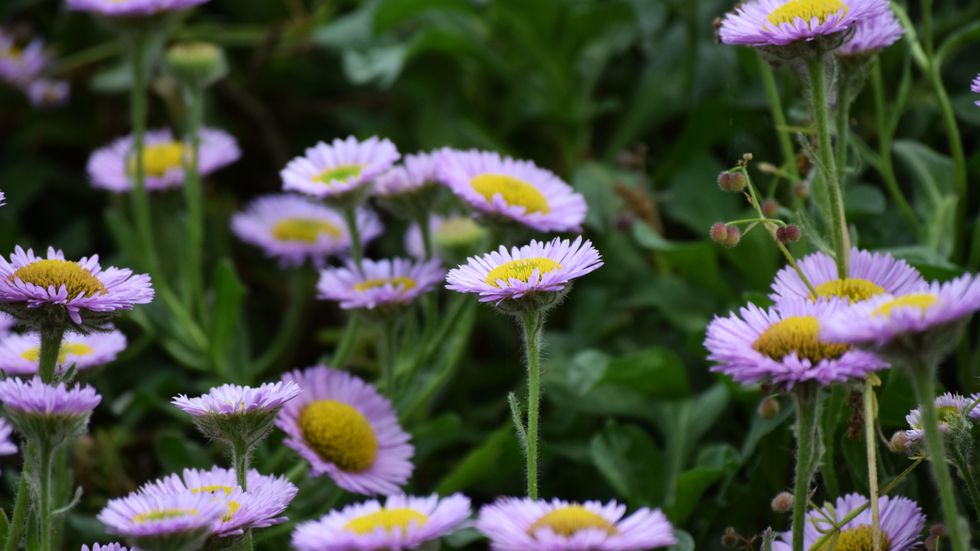As we hear about climate change and its effects more and more each day, it's important to consider some ways in which we can help out the Earth. After taking an environmental science class this semester, I learned a lot about the tremendous ways in which individuals can positively impact the environment.
1. Recycle and compost
Recycling is a pretty simple thing to do, and it helps out the environment a lot. If you're in a frat maybe try recycling all your leftover cans after parties instead of just throwing them out. Compost too if you have the means and feel like an overachiever.
2. Throw your trash in the garbage, not on the street, out your car window, etc.
As someone that has been fortunate enough to have traveled a lot, I can say for a fact that the streets of large European cities are substantially cleaner than the streets of Seattle, D.C., or any other major city in the United States. This is because people in Europe actually throw their trash in trash cans instead of just on the side of the street. It’s not that hard just put it in the bin.
3. Walk or bike to class
Walking and biking will help reduce your carbon footprint while also helping you get some exercise.
4. If neither of these is an option, take public transportation or carpool
Some places are too far to walk or bike, so try taking public transportation. If this isn’t an option either, carpool instead. It lets you hang out with friends while reducing the emissions that would be released by multiple cars.
5. Start a garden
If you have the space for a garden, then start one. Not only will you know exactly what is being used to grow your foods, but it will also cut down on your trips to the grocery store.
6. Stop using fertilizers in your garden
Many fertilizers are high in nitrogen and phosphorus, which can wreak havoc on lakes and other bodies of water. When it rains, the nitrogen, phosphorus, and nutrients make their way into bodies of water via runoff and accelerate the growth of algae. Algae blooms block sun from getting to other plants and remove all the oxygen, resulting in eutrophication, which can contribute to dead zones. An area that has been suffering from this a lot in the past few is Lake Erie, due to the vast amount of farming that occurs near the lake.
7. Buy local fruits and vegetables
Buying local fruits and vegetables, instead of produce flown from halfway around the world, means that less carbon was emitted from its transportation and you’re likely supporting a small business.
8. Take shorter showers
There is no reason to take an hour long shower every morning. Try cutting your shower down to help save water and also reduce your water bill.
9. Turn your lights off when you’re not in a room
Everyone forgets sometimes, but there is no reason for your entire home to be lit like a freshman during sylly week, when you’re the only one home.
10. Stop buying products that are meant to be used one time
Sometimes doing dishes just sounds like a terrible idea and using a paper plate sound like the move. However, doing this on a regular basis is bad for the environment as it just creates more waste. Additionally, this gives you the opportunity to buy a Hydroflask and join the cult.
11. Get involved with community service projects aimed at restoring land
I did this as part of my class and it was honestly super cool. We helped restore a stream in Pullman by removing invasive plants and planting native ones. It was really fun and amazing to see how much the work done by students over the last seven years has helped. *PSA: If you’re Greek, this is a good way to get community service hours!*








































